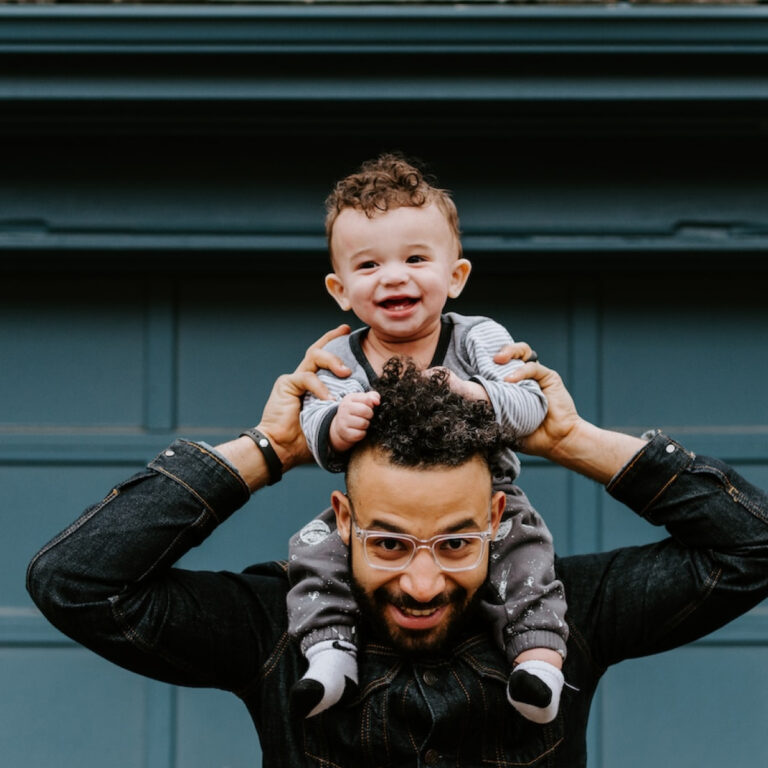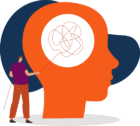Information and support
Explore expert guidance and resources designed to support yours and your family’s wellbeing.
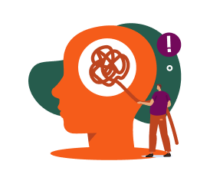
Health and wellbeing
Manage your mental and physical health, with a 24/7 emotional support line, wellbeing app and referrals for short-term, low-level counselling.
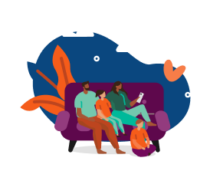
Relationships
Nurture your relationships and their effect on your wellbeing, with guidance and counselling for you and your family.

Money
Financial support at your fingertips, with advice on benefits, debt management, bankruptcy and budgeting.
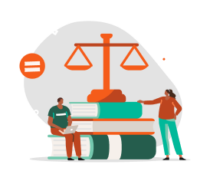
Work
Benefit from a healthy work-life balance, with helpful resources on time management, flexible working, parental and sick leave.
